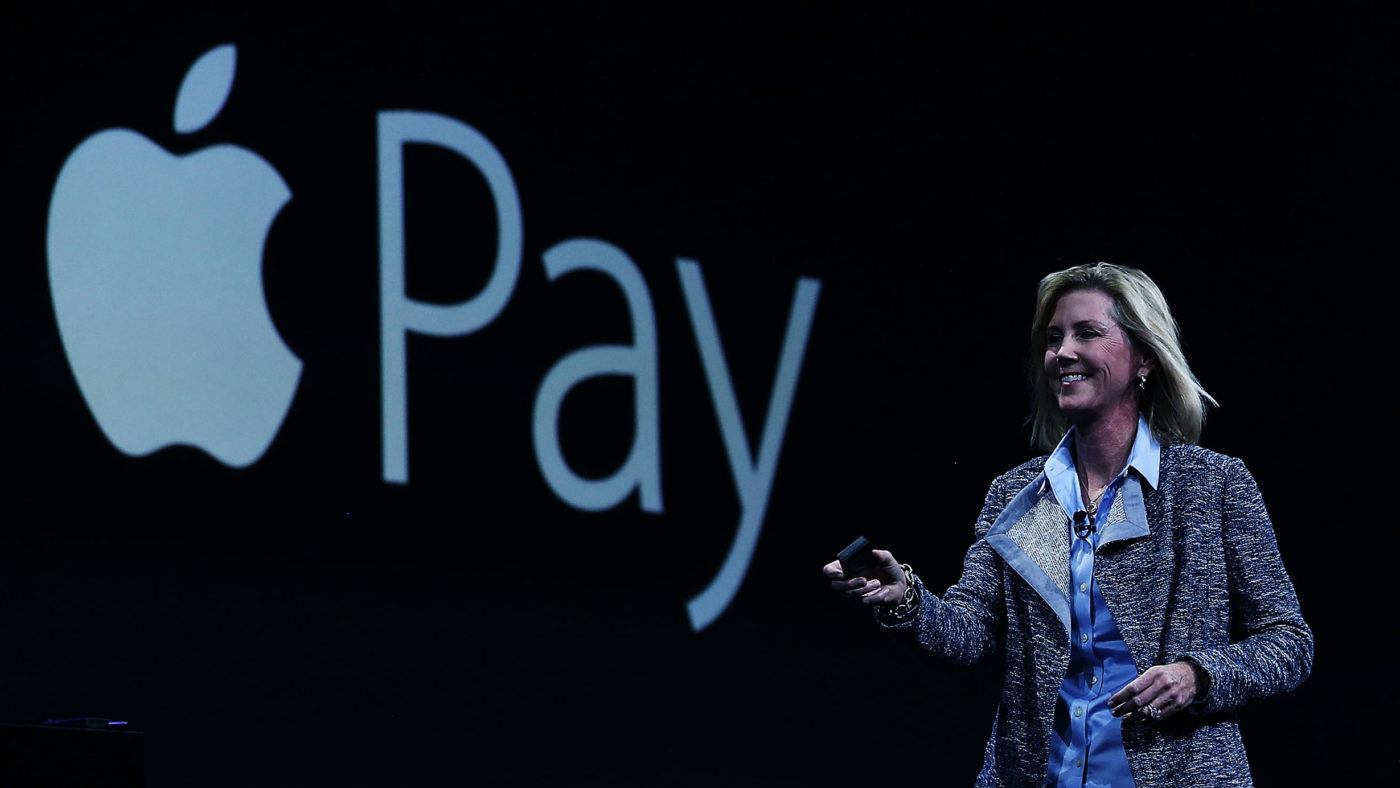The Queen’s Speech has promised a marvellous raft of support for Britain’s digital economy, household energy and public transport sectors. This is all excellent news for one of Britain’s fastest growing industries that complements many of these areas: Fintech.
‘Fintech’ may be in danger of glazing the eye of an uninitiated audience in the same way that many portmanteaus do.
Yet a new primer by the Parliamentary Office of Science and Technology (POST), which I proudly chair, demonstrates how deceptively simply FinTech can be. It is simply the use of technology to change the way we use money to make things cheaper and more convenient. It is well worth a read.
The proliferation of the internet and smart devices has turbo-charged the availability of FinTech. Given that almost all of us now have online banking or a smart phone app connected to our bank account it is highly likely that you have made use of some form of FinTech over the last few days.
The rapid decline of cash for transactions has been accelerated by the surge in contactless payments for our coffee on-the-go, Underground tickets and smaller items in newsagents and cash may soon become an eccentric anachronism for the young.
We are ahead of the curve in the UK with far more non-cash transactions than Germany or France and four times as many as Italy. Less than half of all our payments are made with cash and that figure is expected to fall to 31% by 2024.
FinTech is already proving its value as an alternative to traditional lending. A number of innovative companies offering alternative finance in ways that cut out the banking middle men. 14% of new loans to Small and Medium Enterprises (SMEs) came from sources of alternative finance and 71% of SMEs who received Peer-to-Peer funding reported increased turnover.
The future
Nonetheless a number of threats to the greater convenience by FinTech remain.
The first is heavy-handed regulation.
In emerging industries it is important for lawmakers to maintain a careful balance between regulation that offers security to investors and regulation that tries to control investors. The British Government, who stated last year that they wanted to make Britain the FinTech capital of the world, has been particularly good at striking this balance. The EU, who arguably sees little distinction between ‘unregulated’ and ‘illegal’, has been far more heavy-handed. When it comes to attitudes toward regulation the English Chanel is an ocean, which is one of the reasons that 42% of all FinTech investment in Europe was placed in the UK.
We can bridge the divide by bringing FinTech to the fore of economic debate here in the UK. As London is the pre-eminent financial centre on Earth it is particularly important that our Parliamentarians are FinTech savvy.
That is why I helped to set up the FinTech All Party Parliamentary Group and will be applying for a Backbench Business Debate on ‘Blockchain’ shortly. Although embryonic in some ways, it is one of the most ground-breaking developments underpinning FinTech in a generation.
The second threat is low uptake is public caution and mistrust.
Many of the people holding the 58 million contactless cards are unaware of their capabilities and still hold up queues carefully typing in their pin numbers.
A recent survey by the UK Cards Association found that 14% of people were unaware of whether their card is contactless or not. A further 31% had a contactless card that they have never used due to mistrust of the technology. However, with the number of contactless payments surging at 227.9% a year this mistrust will surely evaporate as adoption becomes more mainstream.
Though digital currencies likewise suffer from a cultural mistrust paying contactlessly through Bitcoin or some other digital currency is made possible for millions using a smart phone.
Much like contactless payments and digital currencies, the main barrier to alternative finance providers is cultural rather than technical. 44% of SMEs were aware of alternative finance, but only 9% have approached it as an option. Sadly awareness is not the same thing as acceptance. GLI Finance have estimated that increased uptake of alternative finance amongst SMEs could add £20bn to the British economy. There are great gains to be made.
Ernst & Young named Britain as the ‘FinTech capital of the world’. Coupled with a supportive Government I am, on balance, optimistic. But a headstart is not a birthright and must be maintained. If we can get the environment right, then FinTech can take on the Goliaths of the financial world and provide cheaper and more convenient finance for everyone.


